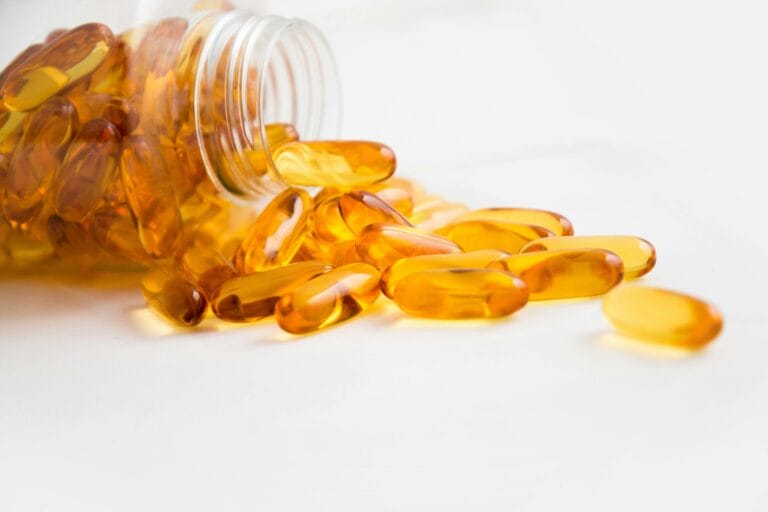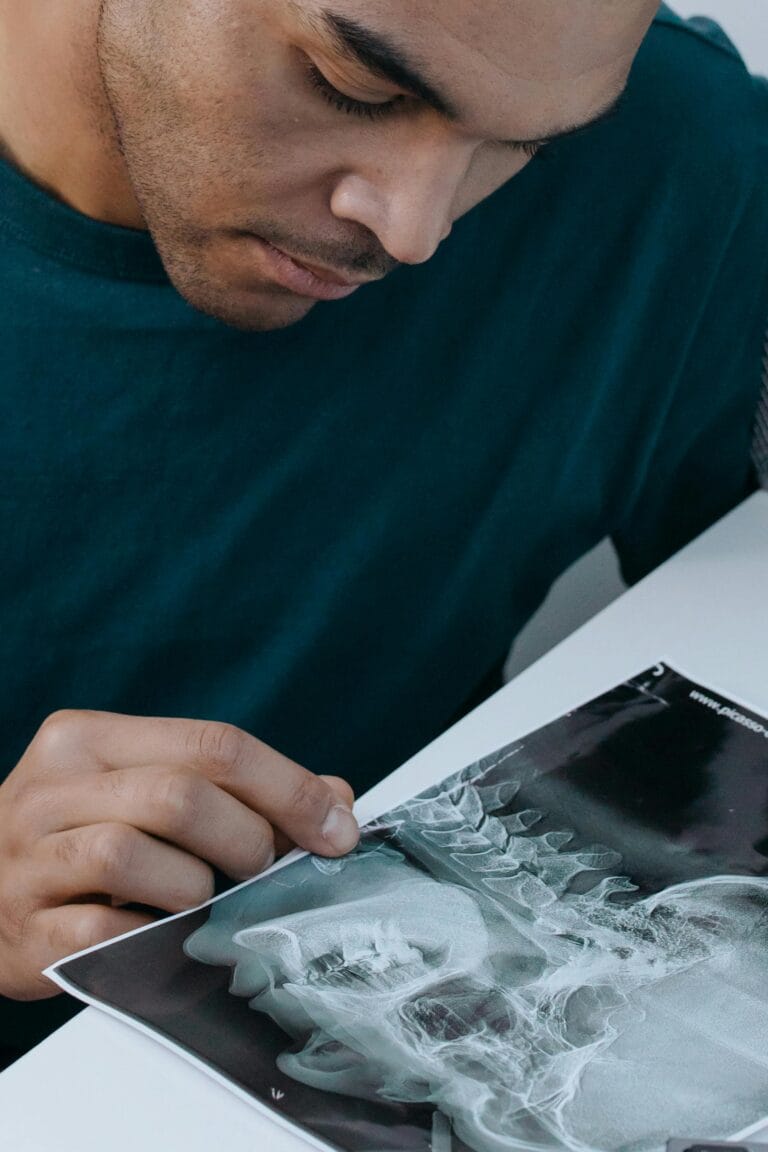FREE SHIPPING OVER $50
Stop the Bloat: 5 Gut-Boosting Supplements That Actually Relieve Constipation, According to a GI Doctor
Let’s be honest: when your digestion is off, everything feels off. Whether it’s the sluggish discomfort of constipation or the frustrating bloat that comes with it, your gut can seriously impact your quality of life. And while fiber-rich foods and hydration help, sometimes they’re just not enough. That’s where the right supplements come in—and according to gastroenterologists, certain ones actually work.
Constipation affects an estimated 16% of adults in the U.S., and bloating is even more common. While over-the-counter laxatives can provide short-term relief, they often come with side effects like dependency and cramping. Fortunately, gut health supplements offer a more natural, long-term solution.
Why Supplements for Constipation?

You might be wondering why supplements are even necessary when diet and lifestyle are the first lines of defense. Here’s why:
- Modern diets are lacking in essential nutrients, particularly prebiotics and magnesium.
- Chronic stress, medications, and antibiotics can disrupt gut flora.
- Not all fiber is created equal—and some types can actually make constipation worse.
Supplements can help bridge the gap, restore healthy digestion, and regulate bowel movements naturally.
5 Gut-Boosting Supplements That Actually Work
1. Magnesium Citrate: Gentle, Natural Laxative
Magnesium plays a vital role in muscle function—including the muscles of your digestive tract. Magnesium citrate, in particular, draws water into the intestines, making stools softer and easier to pass.
Many GI doctors recommend magnesium citrate as a gentle first-line treatment for occasional constipation. It works relatively quickly—often within a few hours—and is far less harsh than traditional stimulant laxatives.
Tip: Start with a low dose (about 200–300 mg) to see how your body responds. Too much can lead to loose stools.
2. Psyllium Husk Fiber That Forms & Moves
If you’ve heard of Metamucil, you’ve heard of psyllium husk. This natural soluble fiber expands in the gut to create bulk, which stimulates peristalsis (the movement of muscles in the intestines).
Unlike insoluble fibers, psyllium is less likely to cause gas or bloating. In fact, when taken with plenty of water, it can both relieve constipation and promote smoother, more regular bowel movements.
Psyllium also helps feed beneficial gut bacteria, making it a smart choice for long-term digestive health.
3. Probiotics: Rebalancing the Gut Microbiome
An imbalance in gut bacteria can be a major contributor to bloating and constipation. That’s where probiotic supplements come in. Specific strains—like Bifidobacterium lactis and Lactobacillus acidophilus—have been shown in studies to improve stool frequency and consistency.
Probiotics work by restoring the gut microbiome, reducing inflammation, and improving motility. GI doctors often recommend multi-strain probiotics for constipation, especially when it’s caused by antibiotics, stress, or IBS.
Consistency is key—take probiotics daily for at least 4–6 weeks to see noticeable changes.
4. Triphala: Ancient Herbal Support
Originating in Ayurvedic medicine, Triphala is a blend of three fruits that promote gentle detoxification and regular bowel movements. Unlike harsh laxatives, Triphala supports the digestive process over time, making it ideal for chronic constipation.
Many GI experts familiar with integrative medicine praise Triphala for its anti-inflammatory properties and ability to support both colon health and microbial balance. It’s also well-tolerated and safe for long-term use.
You’ll find Triphala in capsule or powder form—just be sure to buy from a reputable source to avoid fillers.
5. Aloe Vera Extract: Soothing & Stimulating
Aloe isn’t just for sunburns—it can help your gut, too. Aloe vera extract, particularly the latex portion (not the gel), contains compounds called anthraquinones that have natural laxative effects.
That said, aloe should be used with care. It’s very effective, but not for everyday use unless advised by a healthcare provider. Small, occasional doses can help stimulate the colon and ease constipation naturally—especially when combined with other gut-healthy habits.
Look for decolorized, purified aloe extracts that are certified safe and free from aloin, a compound that can be harsh on the GI tract if overused.
What to Know Before You Supplement
Before diving into supplements, keep these tips in mind:
- Always check with your doctor if you’re taking medications or have chronic conditions.
- Start with one supplement at a time to observe its effects.
- Drink plenty of water, especially with fiber or magnesium supplements.
- Lifestyle still matters—hydration, movement, stress management, and a whole-foods diet are the foundation of digestive health.
Conclusion
If you’re tired of the bloating, the sluggish digestion, or the frustration that comes with unpredictable bathroom habits, you’re not alone. Fortunately, supplements like magnesium citrate, psyllium, probiotics, Triphala, and aloe vera offer natural, GI-doctor-approved ways to relieve constipation while supporting a healthy gut.
Start small, stay consistent, and listen to your body. Your gut—and your whole body—will thank you.
Related Articles
- Want Better Gut Health and More Protein? A Doctor Reveals the Surprisingly Simple Way to Get Both
- Protein vs. Strength Training: What Really Builds Muscle After 50, According to Science
- Stop Wasting Your Cash: A Pharmacist Says These 5 Supplements Do Nothing for Your Health
- Can Chomps Beef Sticks Really Boost Fat Loss and Muscle Growth?







